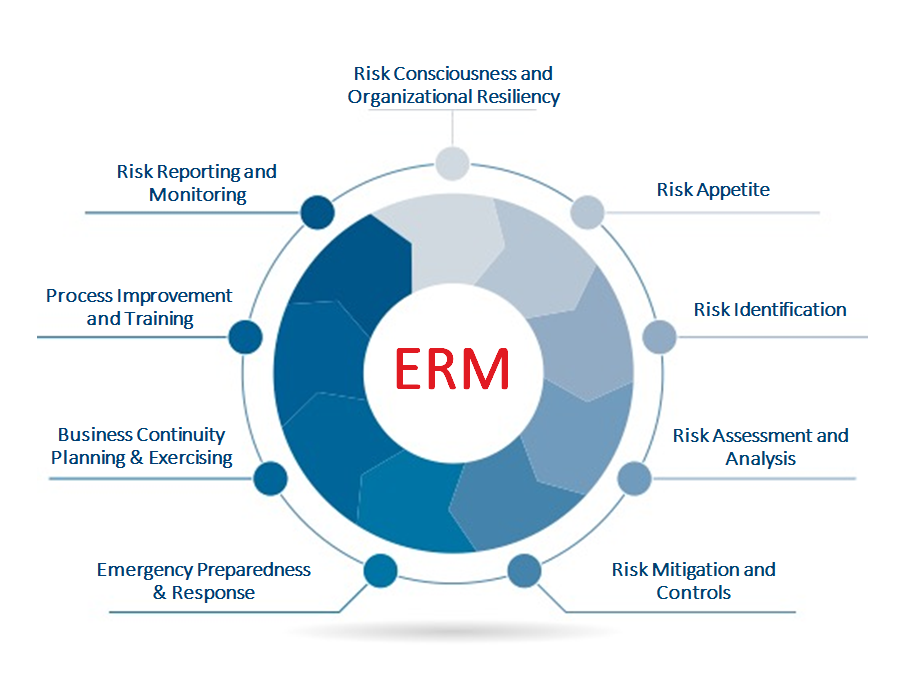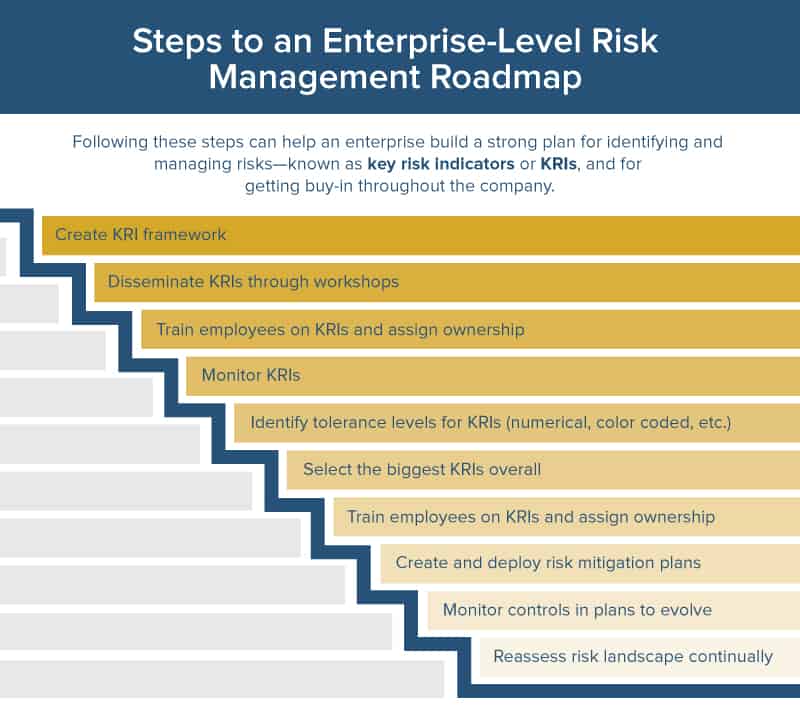Insider threats remain a core element in professional security development
Discover the Duty of AI in Promoting Ethics and Stability to Battle Insider Threats Efficiently
The assimilation of AI in organizational structures has actually ended up being essential in attending to expert hazards. By employing advanced analytics and real-time surveillance, AI systems can identify discrepancies from moral habits among employees (Insider threats). This positive approach not just boosts compliance but also promotes a setting of depend on. As business significantly depend on these modern technologies, inquiries emerge about their performance and potential ramifications for workplace society. What lies ahead in the development of AI's role in promoting integrity?
Comprehending Expert Risks and Their Effect On Organizations
Although companies usually concentrate on outside dangers, expert threats pose a substantial risk that can threaten safety and security and honesty. These risks arise from individuals within the company, such as contractors or employees, who might misuse their accessibility to sensitive information for individual gain or destructive intent. The influence of expert risks can be serious, leading to financial losses, reputational damage, and legal implications.
Factors adding to expert threats consist of dissatisfaction with the office, absence of oversight, and inadequate employee training on safety and security methods. Organizations commonly struggle to determine these threats, as they can be hard to discover till substantial damage has actually occurred. Avoidance strategies need to concentrate on fostering a society of count on and liability, alongside implementing durable monitoring and reporting systems. By acknowledging and resolving the complexities of insider hazards, companies can enhance their safety stance and secure their valuable assets from interior dangers.
The Evolution of AI in Workplace Safety
As organizations increasingly confront diverse safety difficulties, the combination of expert system (AI) in office safety has actually advanced substantially. AI applications focused mainly on automating fundamental safety procedures, such as accessibility control and surveillance. Advancements in equipment discovering and information analytics have transformed AI right into a positive tool capable of recognizing possible risks and vulnerabilities in real-time.
Organizations currently utilize AI-driven systems to analyze substantial quantities of data, allowing them to detect anomalous actions that might indicate insider threats. This development has actually led to the advancement of innovative algorithms that can discover from historical occurrences, enhancing the system's predictive capacities. In addition, AI devices are increasingly utilized to simplify event response processes, allowing safety groups to act quickly and successfully.
Just How AI Monitors Staff Member Habits for Ethical Compliance
Expert system plays a crucial role in keeping track of staff member actions to assure honest conformity within companies. AI systems assess large amounts of information generated by staff members, including interactions, purchases, and access to sensitive information. By using innovative algorithms, these systems can identify variances from established ethical criteria and company policies.
Artificial intelligence models continually adjust to identify patterns of habits that might indicate honest violations, such as unauthorized data gain access to or uncommon deal tasks. Insider threats. Additionally, AI-driven tools can supply real-time alerts to administration, promoting timely interventions when possible threats are spotted
The combination of AI into compliance monitoring not only improves the company's capacity to copyright integrity however likewise promotes a society of liability amongst staff members. By advertising openness, AI systems function as a deterrent versus dishonest habits, making certain that employees stay lined up with business values and moral standards.
Assessing Patterns: Determining Risky Habits With AI
An expanding variety of companies are leveraging AI to examine patterns that may indicate risky actions amongst staff members. By making use of sophisticated formulas, these systems can filter via huge amounts of data, determining anomalies in user actions that can recommend possible insider threats. AI can find unusual accessibility patterns to sensitive details, such as employees accessing data outside their common scope of job or during irregular hours. Additionally, behavior analytics can highlight frequent modifications in an employee's communication design or collaboration habits, which may indicate underlying problems. This aggressive method allows organizations to identify risk elements prior to they intensify into considerable threats. Consequently, the integration of AI right into checking methods not just boosts protection but likewise cultivates a culture of responsibility and honest habits. By identifying these patterns, organizations can much better recognize the behavior characteristics within their labor force, eventually promoting a much safer and extra honest workplace.
Real-Time Insights: Immediate Feedbacks to Potential Threats
Real-time understandings with predictive analytics and automated alert systems play an important duty in resolving prospective risks to ethics and stability. By leveraging these technologies, companies can prepare for risky behaviors and react quickly to reduce dangers. This positive approach boosts accountability and fosters a culture of integrity in various settings.
Predictive Analytics Applications

Automated Alert Systems
Predictive analytics provides a structure for organizations to enhance their responsiveness to ethical concerns via automated sharp systems. These systems utilize real-time data to keep track of activities, detecting abnormalities that may symbolize potential expert risks. By leveraging device knowing formulas, automated informs can identify patterns of habits that differ established standards, allowing for speedy treatment. This immediacy is vital in mitigating risks related to unethical techniques. Automated alert systems can streamline communication among appropriate stakeholders, making certain that prospective threats are resolved quickly and properly. As organizations significantly depend on AI-driven solutions, the combination of automated sharp systems will certainly play an essential role in promoting a society of values and integrity, eventually safeguarding organizational possessions.
Fostering a Society of Depend On Through AI-Driven Transparency
AI-driven transparency can substantially enhance depend on within companies by advertising liability and open interaction. With real-time tracking solutions, stakeholders can get insights into procedures and decision-making, cultivating a culture of integrity. Data-driven decision-making further sustains this transparency, making it possible for notified choices that straighten with moral criteria.
Enhancing Openness and Responsibility
Just how can companies properly foster a society of trust? By boosting transparency and responsibility through the calculated use expert system. AI can help companies methodically track decision-making procedures, making sure that activities line up with well established honest standards. This transparency allows employees to see the reasoning this post behind decisions and policies, lowering ambiguity and promoting a feeling of justness. In addition, AI-driven tools can facilitate clear interaction concerning assumptions and responsibilities, empowering individuals to take ownership of their activities. As accountability comes to be deep-rooted in the business culture, employees are most likely to take part in moral actions, understanding their actions are kept an eye on and examined. Ultimately, this strategy grows an atmosphere where trust fund can thrive, considerably alleviating the risk of insider dangers.
Real-Time Surveillance Solutions
As organizations increasingly look for to foster a culture of trust fund, real-time tracking solutions become a crucial device in improving openness. These AI-driven systems continually track tasks, supplying understandings right into customer actions and prospective anomalies that may suggest expert threats. By executing such tracking options, organizations can proactively recognize dangers, making sure prompt responses to dubious activities. This not just safeguards sensitive info however likewise enhances a commitment to moral practices. Furthermore, the transparent nature of real-time surveillance assists develop employee these details confidence, as individuals know that their activities are being observed for the greater good. Inevitably, these services offer to grow a workplace setting based in count on, accountability, and moral stability, necessary for minimizing insider risks efficiently.

Data-Driven Decision Making
Real-time tracking solutions prepared for data-driven decision making, which significantly enhances organizational transparency. By leveraging AI modern technologies, organizations can analyze large amounts of data to determine anomalies and patterns a measure of prospective expert you can look here risks. This analytical strategy enables stakeholders to make educated choices based in empirical proof, fostering a society of count on amongst staff members. Transparency in decision-making processes, boosted by AI-driven understandings, motivates responsibility and ethical habits. In addition, it permits organizations to proactively address vulnerabilities, ensuring that activities taken are justified and communicated clearly. As an outcome, the execution of data-driven approaches not just alleviates threats associated with insider hazards but likewise strengthens the values of honesty and honest conduct within the business framework.
Future Trends: The Role of AI in Enhancing Workplace Ethics
While organizations progressively transform to synthetic knowledge for functional efficiency, the possibility of AI to enhance office ethics is getting prominence. Future patterns suggest that AI will certainly play a necessary duty in establishing moral frameworks and guidelines, allowing organizations to browse complex moral issues. By analyzing vast amounts of information, AI can recognize patterns of unethical behavior and provide understandings that advertise transparency and accountability.
AI-driven devices can assist in real-time surveillance of worker interactions, assuring adherence to moral requirements. This positive method not just mitigates insider dangers yet additionally cultivates a society of integrity. As companies accept AI technologies, they have to additionally prioritize honest shows and algorithmic bias reduction to ensure fairness.
In this evolving landscape, the assimilation of AI in moral techniques represents a transformative shift, promoting a setting where integrity is not simply expected but systematically enhanced.
Frequently Asked Concerns
Exactly How Does AI Differentiate Between Benign and Malicious Actions?
AI separates between malicious and benign actions by assessing patterns in user habits, utilizing artificial intelligence algorithms to recognize anomalies, and evaluating contextual data to identify whether actions line up with well-known norms or display possible hazards.
Can AI Tools Replace Human Judgment in Honest Decision-Making?
AI tools can not totally replace human judgment in ethical decision-making. While they can analyze information and identify patterns, the nuanced understanding of context, worths, and moral effects still requires human insight and discernment.
What Are the Privacy Effects of AI Monitoring Employee Habits?

Exactly How Can Organizations Make Certain AI Algorithms Are Ethically Designed?
Organizations can ensure AI formulas are morally developed by applying transparent development processes, involving varied stakeholders, performing routine audits, and adhering to established moral frameworks that prioritize justness, responsibility, and respect for individual personal privacy and rights.
What Training Is Required for Personnel to Recognize Ai's Honest Duty?
Team training need to include foundational AI ethics, information privacy, and bias understanding. Workshops, case studies, and interactive sessions can boost understanding, making sure workers recognize AI's honest implications and its function in cultivating honesty within the company.
Artificial intelligence plays an essential duty in monitoring staff member behavior to guarantee ethical compliance within companies. The combination of AI right into keeping an eye on methods not just boosts protection yet also promotes a society of responsibility and moral behavior. While organizations increasingly face moral issues and prospective honesty breaches, anticipating analytics applications offer prompt insights that can assist reduce these dangers. Predictive analytics gives a structure for organizations to boost their responsiveness to moral worries through automated alert systems. Future trends show that AI will play a vital function in developing honest frameworks and guidelines, enabling organizations to browse intricate moral issues.